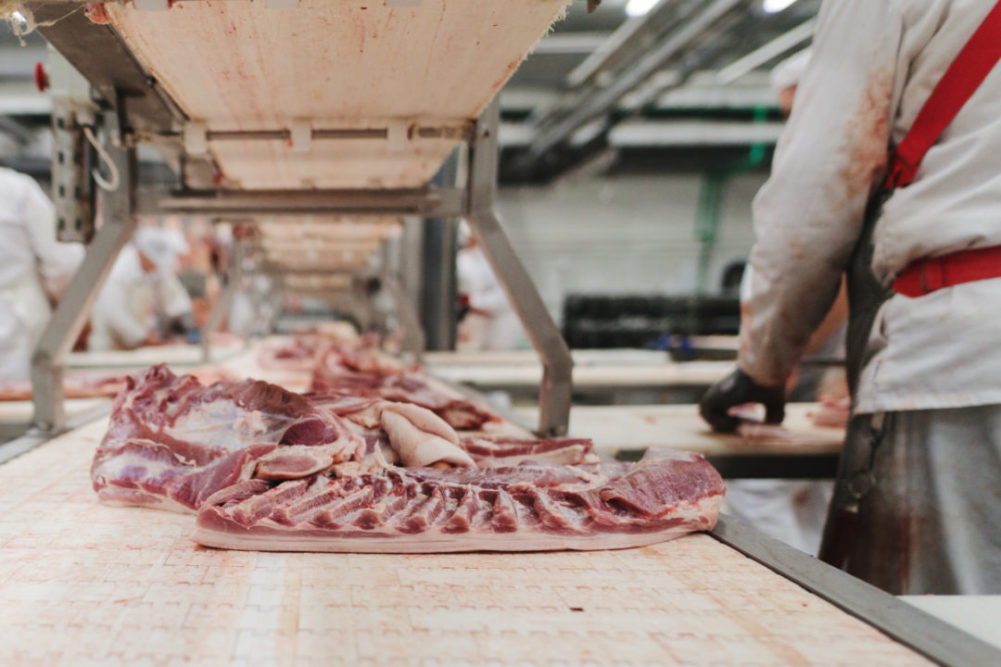MADRID – The beef and pork industries in Portugal don’t produce enough meat to satisfy domestic and export demand but industry priorities are shifting, the Foreign Agricultural Service (FAS) of the US Department of Agriculture explained.
Portuguese live cattle producers are working to increase its beef self-sufficiency to reduce beef imports and better meet domestic demand. Producers expect to accomplish this by reducing the country’s dairy cow herd and raising more beef cattle. Shifting production emphasis to beef cattle also will help resolve an oversupply of cow milk production, especially in the Azores, FAS said in its report.
“Azorean dairy ranchers with inefficient farms to shift to beef production as a way to restructure the dairy sector and to expand Azorean beef production,” the report stated.
According to Portuguese official data, total Portuguese cattle slaughter rose 6.5% to 393,305 head to produce 97,700 tonnes of beef, 5.4% over 2019. The trend continued in 2021, with total slaughter and beef production increasing by 5.8% in the first 10 months of the year.
FAS noted that Portuguese cattle production may continue growing slightly in 2022 to meet live cattle export demand, mainly to Israel, and increased domestic beef consumption, which was 20.8 kg per inhabitant in 2020, FAS said in its report. However, high prices for feed in 2021 led to decreasing carcass weights.
“Live cattle imports, mainly sourced from Spain, strongly increased in 2020 to meet the growth in cattle production,” the FAS report said. “Similarly, Portuguese live cattle exports increased 30%, mainly due to the 50% growth of cattle exports to Israel, the top Portuguese live cattle market.
“However, during the first 10 months of 2021, Portuguese cattle imports declined 80% in line with the cattle sector’s intention to increase production,” the report said. “During the same time, exports continue to rise based on external demand, mainly to Israel.”
On the pork side, Portugal is still a net importer of pork, although the country’s imports have declined in the last two years, FAS said. Domestic pork production in Portugal meets 86% of its domestic pork consumption. However, the New Year may bring about a reorganization of the swine industry with new investments to expand major Portuguese pork plants and slaughterhouses, FAS said.
In April 2021, producers started FILPORC, an organization which represents the producers, pork industry, and trade. The sector is also working with Portuguese authorities to open new markets such as South Korea, the United States, the Philippines, Malaysia, Mexico, Singapore, Thailand, Taiwan, and Vietnam. The sector is also primarily focused on preventing the entrance of African swine fever (ASF) into Portuguese territory by strengthening animal health, biosecurity and surveillance measures, FAS said in its report.
Industry stakeholders, working with the Portuguese government, developed strategies for the environmental sustainability of Portuguese swine farms. Additionally, the different Portuguese pork associations presented a new voluntary certification in animal welfare, CERTIS, that includes swine growers, transport, and slaughterhouses, FAS said.



